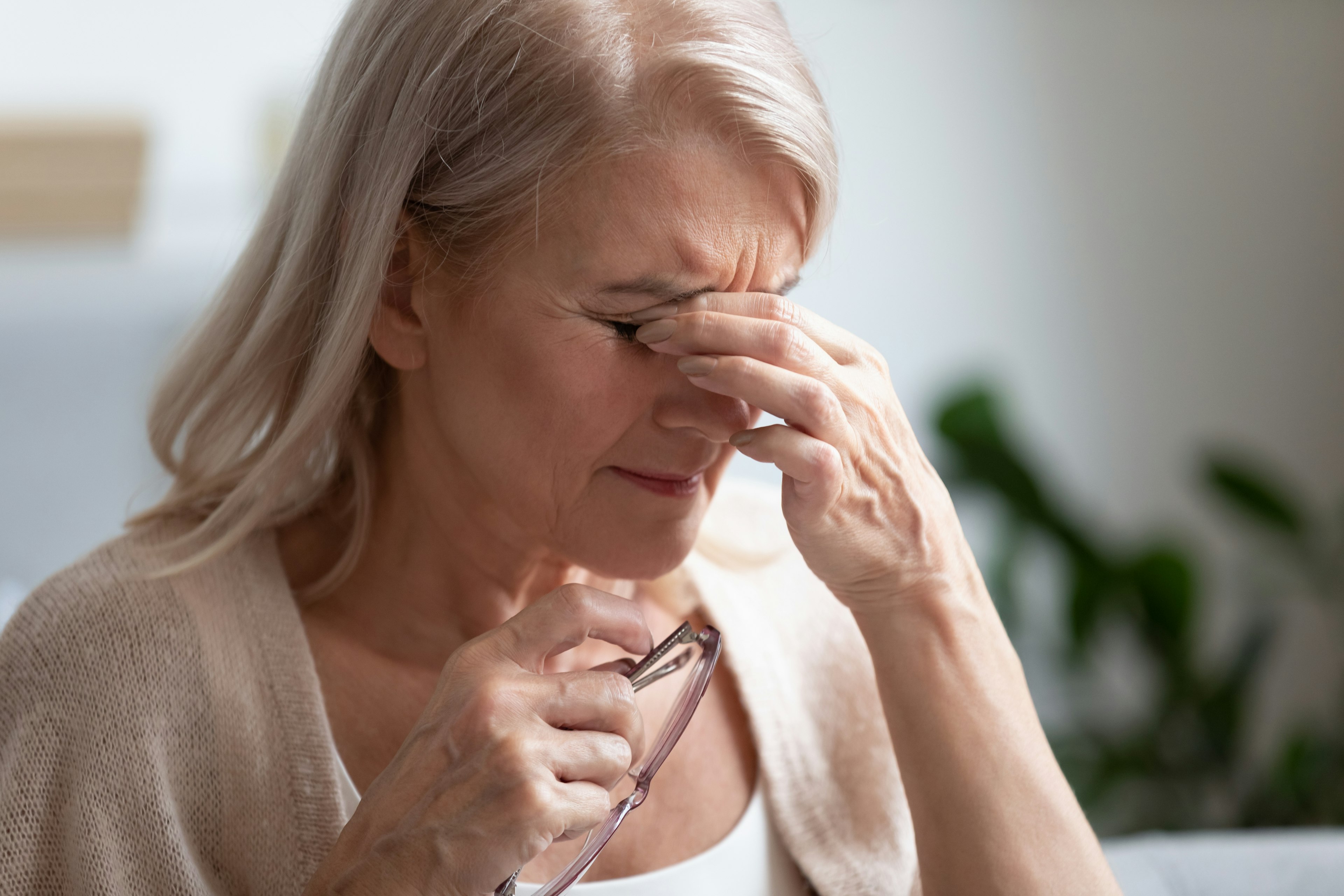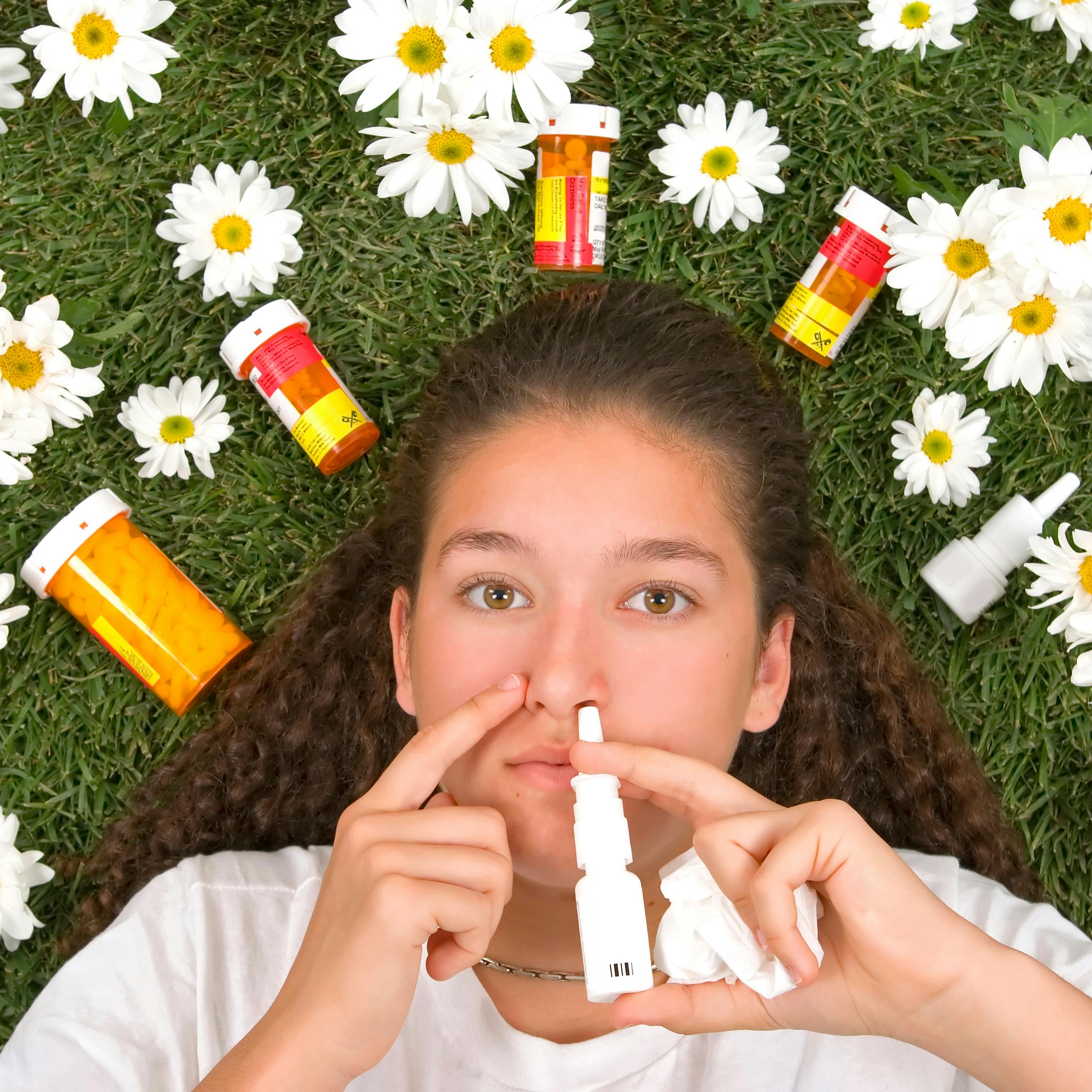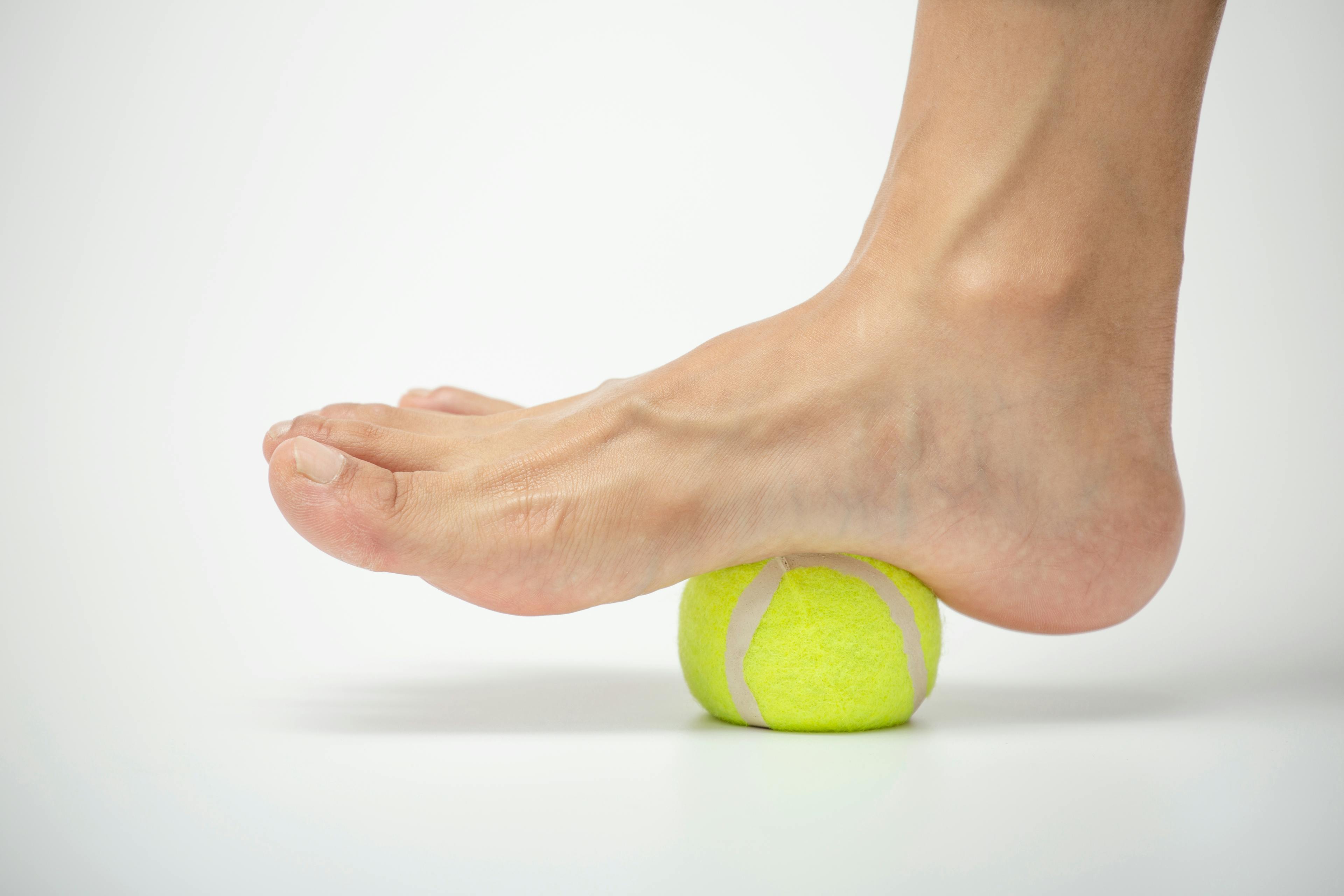Key Takeaways
Itchy eyes may be caused by allergies, dry eye, eyelid inflammation, or irritants like contact lenses and cosmetics.
Home remedies such as cold compresses, artificial tears, and gentle eyelid cleansing can help relieve mild symptoms and reduce inflammation.
If symptoms persist, worsen, or affect your vision, an eye care specialist can help identify the cause and recommend prescription treatments or allergy management.
Whether it feels like there’s something stuck in your eye or your lids won’t stop itching, irritated eyes are hard to ignore. Itchy eyes are a common symptom of allergies, but dryness, infections, or environmental triggers may also cause them.
In this post, we’ll explore some of the most common causes of itchy eyes and what you can do to soothe them, both at home and with help from an eye specialist.
Common Reasons Why Your Eyes Are So Itchy
Notice where the itching is most intense. Whether it is along the lash line, on the eyelid skin, or underneath the lid, the location can help point to the underlying cause.
Itchy, red, or watery eyes are often caused by one of the following:
- Seasonal allergies (pollen, dust, mold, pet dander)
- Allergic conjunctivitis
- Dry eyes or eye strain
- Blepharitis (inflammation of the eyelid)
- Contact lens irritation
- Sensitivity to eye makeup, creams, or skincare products
That gritty or irritated feeling, as if something is stuck in your eye, is often caused by inflammation around the eyelids or the conjunctiva, even when nothing is there.
Home Remedies for Itchy Eyes
Here are a few practical ways to soothe dry, itchy, and irritated eyes.
1. Use a Cold Compress
Cold compresses are an effective way to reduce swelling and alleviate inflammation. Simply soak a clean washcloth in cold water, wring it out, and gently lay it over your closed eyes for 5–10 minutes for the best results.
2. Try Artificial Tears or Allergy Eye Drops
The best eye drops for itchy eyes depend on the cause. Preservative-free lubricating drops can ease dryness, while antihistamine drops like ketotifen help relieve allergy-related itching and redness.
3. Avoid Known Irritants
If you wear contact lenses, switch to glasses temporarily while symptoms persist, and pause the use of eye makeup until your eyes are fully healed. Common irritants such as pollen, smoke, or scented products can make symptoms worse. Once your symptoms have cleared, consider replacing any old eye makeup and choosing products labeled for sensitive eyes to help prevent future flare-ups.
4. Clean Your Eyelids Gently
You may be dealing with eyelid inflammation if you notice crusting or swollen lids. Clean your eyelids with diluted baby shampoo and warm water using a cloth. This helps unclog oil glands and reduce itching in or around the eyes. Another option is to use eyelid cleanser wipes like Ocusoft or Optase.
5. Moisturize the Skin Around Your Eyes
If your eyelids are dry and itchy, avoid harsh products. Instead, use a gentle, fragrance-free moisturizer or eye ointment to prevent flaking and irritation. Look for products that contain ingredients like ceramides or petrolatum.
Tips to Prevent Itchy Eyes in the Future
Daily habits make a big difference when it comes to keeping your eyes comfortable. These small changes may reduce irritation and lower the chance of future flare-ups:
- Keep windows closed during allergy season and run a HEPA air filter indoors
- Wash your hands often to avoid transferring allergens or irritants to the eye area
- Remove eye makeup completely each night to limit buildup and inflammation
- Replace old or expired eye products, including makeup and creams
- Use sunglasses outdoors to block wind, pollen, and dust from reaching your eyes
Consistent eye care and environmental awareness help minimize symptoms, especially for those sensitive to seasonal or airborne triggers.
When to See a Doctor for Itchy Eyes
Consider scheduling an appointment with an eye care specialist if:
- Your eyes are very red or producing thick discharge
- Swelling continues or worsens over time
- Your symptoms do not improve with over-the-counter treatments
- Blurry vision or light sensitivity develops
Persistent or severe irritation may be a sign of allergic conjunctivitis, dry eye syndrome, or another condition that requires targeted treatment. An eye specialist can help determine the cause and recommend the right approach.
Itchy Eye Relief in Webster, TX
Daily eye irritation can be frustrating, but it doesn’t have to be. Our eye care specialists can help uncover the cause—whether it’s allergies, dryness, or something more—and recommend personalized solutions like prescription eye drops or allergy testing. Book an appointment today and take the first step toward clearer, more comfortable vision.





